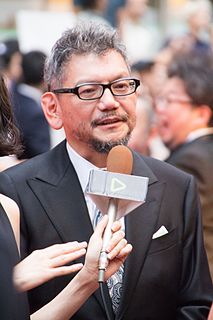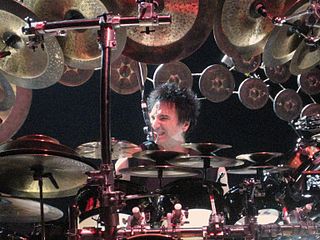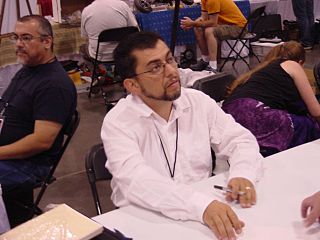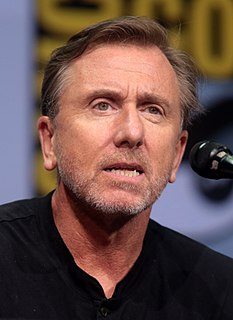A Quote by Tim O'Brien
No matter how wonderful the story, it has to move on something, and that is language. The words that I use, the pace, the rhythm and cadences all need to be there. If they're not there, the story is like a boat that just sits there and doesn't move on the ocean.
Related Quotes
I felt like if I could get the epiphany out of the way in my drafting process, through my eighth or tenth draft, then that can just be part of how I've assembled the character, and then we can move on and move forward with it. In general, I don't ever want to feel smarter than my characters, because I just feel like that's not a great way to write a story.
If you're a certain type of actor, then eventually stepping into a director's shoes is a natural transition. I've always been the actor who's very focused on the narrative, where my character is in the story, and how I can benefit the story. I've always had a technical aspect of what the lens is, how the camera is going to move, how I can feed the information the director applies within that move. If you're that type of actor, narrative-based, technically proficient, the next step is actually not that far.
Eva is a story of repetition. It is a story where our protagonist faces the same situation many times over and determinedly picks himself back up again. It is a story of the will to move forward, even if only a little. It is a story of the resolve to want to be together, even though it is frightening to have contact with others and endure ambiguous loneliness. I would be most gratified if you found enjoyment in these four parts as it takes the same story and metamorphoses it into something different.
I really think kids should understand that music is like learning the alphabet. You put small letters together to make words, and then you use these words to create a story, but with music. And they really need to know how to mix and match those letters and how to come up with something that is really interesting, or speak in metaphors as poets do to show us something maybe we didn't think about.
When something arrives, you have no idea what's in it, which is good. And then, it's is the story leaps off the page at you and how your character functions within it. There could be just one scene and if it's wonderful, it doesn't matter how much you're working on it because you just want to be in it. It's really about what your character's day to day world looks like, and if you feel like that's something that's complete, and that you'd like to inhabit for awhile. You'll know by a couple of scenes in. If the character grabs you, you run with it.
I love story-writing because I can (more or less, on occasion) actually DO it. That's really the truth. I like the idea that a story is sort of a site for making cool language effects - a site for celebrating language, and, therefore, the world. And the brevity is part of the challenge. I like stories because I get them - I know how to make beauty, or something like beauty, in that mode.
The Universe story is the quintessence of reality. We perceive the story. We put it in our language, the birds put it in theirs, and the trees put it in theirs. We can read the story of the Universe in the trees. Everything tells the story of the Universe. The winds tell the story, literally, not just imaginatively. The story has its imprint everywhere, and that is why it is so important to know the story. If you do not know the story, in a sense you do not know yourself; you do not know anything.







































